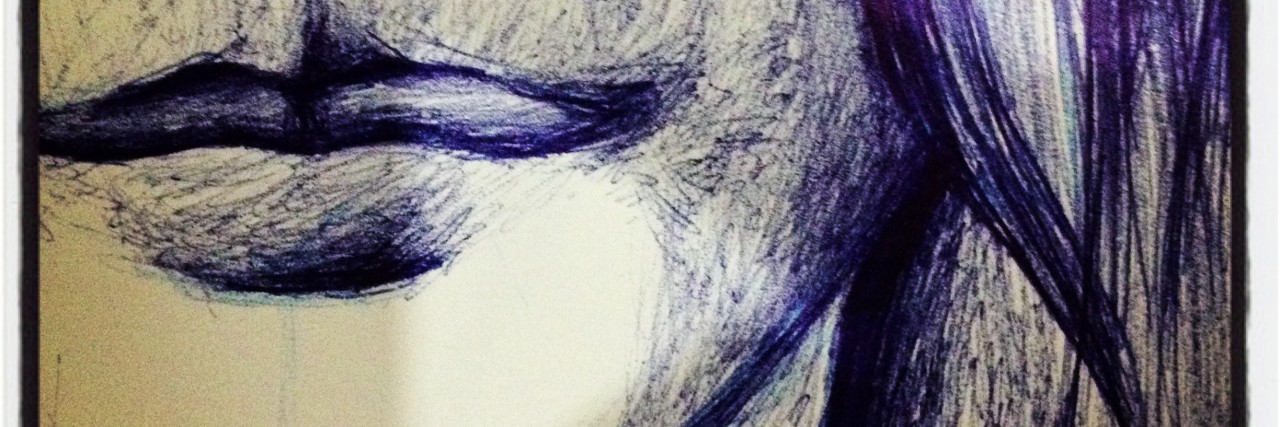What We Need to Think About Before We Say We're Acting 'Crazy' or 'Psycho'
I was reading a shared post on Facebook awhile ago from a woman describing some of her obsessive compulsive behavior. I had no trouble with the fact that she was openly doing this or describing herself as having OCD because it seemed likely she did have a problem from what she wrote (and I’m all for being open). The thing that made me sad about it was that she used the word, “psycho” to describe herself.
How often do we impose these stigmas on ourselves? “Psycho” “crazy” “weird” “bonkers” etc. It’s bad enough that the world at large stigmatizes those of us with mental health issues, but how can we expect them to stop when we do it to ourselves?
Maybe we like hiding behind these phrases or adjectives (another question is if they should even be used as adjectives at all?) because we feel like it normalizes us. It’s like we are telling the people of the world, “look, I know I’m a little different. I’m not ignorant of that fact.” We are subconsciously trying not to be the strange kid in the lunch room at middle school. We think by being our own enemy we are beating the rest of the world to the punch. Maybe doing this will make it so we can laugh at ourselves rather than becoming the object of scorn. By stigmatizing ourselves, we become both the bully and the bullied — and feel we can identify with whoever has the upper hand. But is it healthy? Is it productive? Or does it just demean our condition and who we are as people?
I think we can all agree that having a mental health condition doesn’t make life easier. Generally, it makes it a whole lot tougher. But let’s not set ourselves up for failure by being the kid who apologizes before he’s even taken the stage: “I’m sorry I didn’t practice, and I don’t really know my lines that well… but I’m just an understudy for the main character so I guess that’s all that can be expected.”
No. Don’t be that person. Your mental health issue, whether OCD or depression or bipolar or whatever, doesn’t have to define you in negative terms. Don’t define yourself that way. Don’t make excuses for your behavior or your life, especially to people who don’t understand your condition in the first place. Your portrayal of yourself can make a huge difference in how others perceive both you and your mental illness, whether positive or negative. If you lead out with saying “I’m so crazy because my OCD….” then you have just reinforced a stigma for yourself and others with OCD. Let’s not keep perpetuating these misunderstandings that OCD is about being clean or freaked out over dirtiness, or that having bipolar disorder makes you so depressed or weird, or that you are acting psycho because of some other mental health problem. Don’t complicate already complicated situations. Be who you are, and leave the stigmas out of it.
Sure, sometimes it is difficult to describe how we feel. I often use the phrase “I freaked out about…” when I describe my obsessions and compulsions. So maybe it is our vocabulary that needs to expand. Maybe we need to think more carefully about how we describe ourselves and our behavior so as not to stigmatize our disorder any more. And, OK, you might legitimately feel “crazy” or “psycho” when you are going through a bad bout of your OCD — but perhaps it’s time to realize that by using those words, we could be causing undue harm to others in the mental health community. You might think this is all too politically correct and that you should be able to say what you want. Of course, you have the freedom to say and describe yourself with whatever words you want… but I hope we can avoid self-stigmatizing so we can set a good example for others and show respect to our own minds. Because I think we can all agree that you really don’t need to bully yourself. Promise.
Follow this journey on the OCD Mormon.
Image via Thinkstock.

